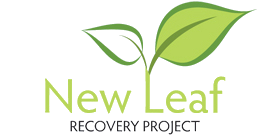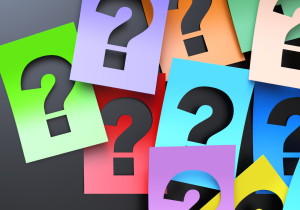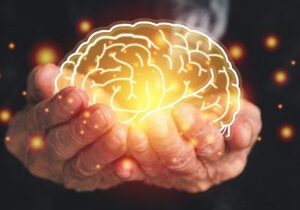Why Am I A Sad Drunk? And How To Stop
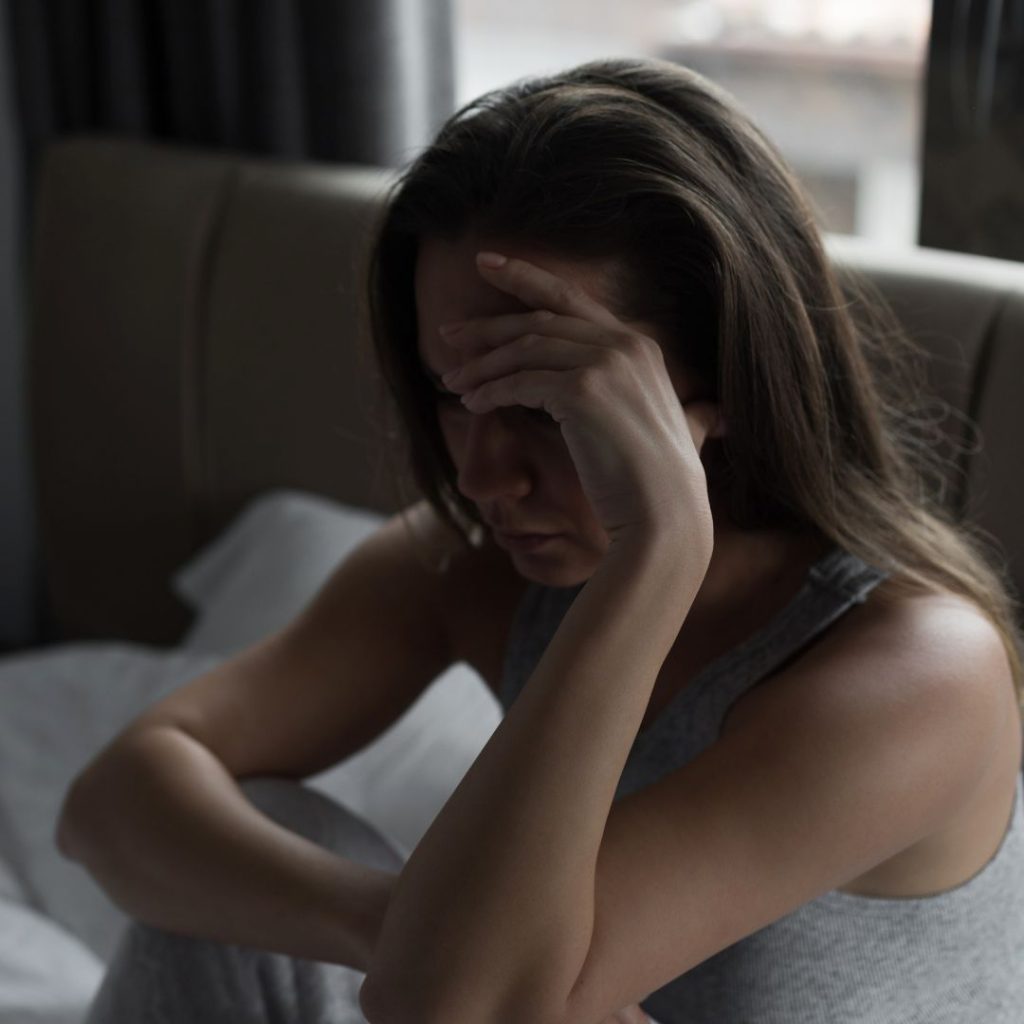
We've all been there - we're out drinking with our friends in a lively social setting, the mood feels right, and you've just ordered your next delicious pint or cocktail. Except there's just one problem - after you finish it, you start feeling sad for seemingly no reason.
You expected to be purchasing a one-way ticket towards cloud nine - how could it possibly make you feel otherwise? But instead, the more you drink, the more you feel yourself spiralling down, retreating within yourself and making you feel melancholic.
What's happening here? And why do we get 'sad drunk' in the first place? In this blog, we breakdown why you might be getting sad when you're drunk, and give you practical tips for how to stop this phenomena from occurring.
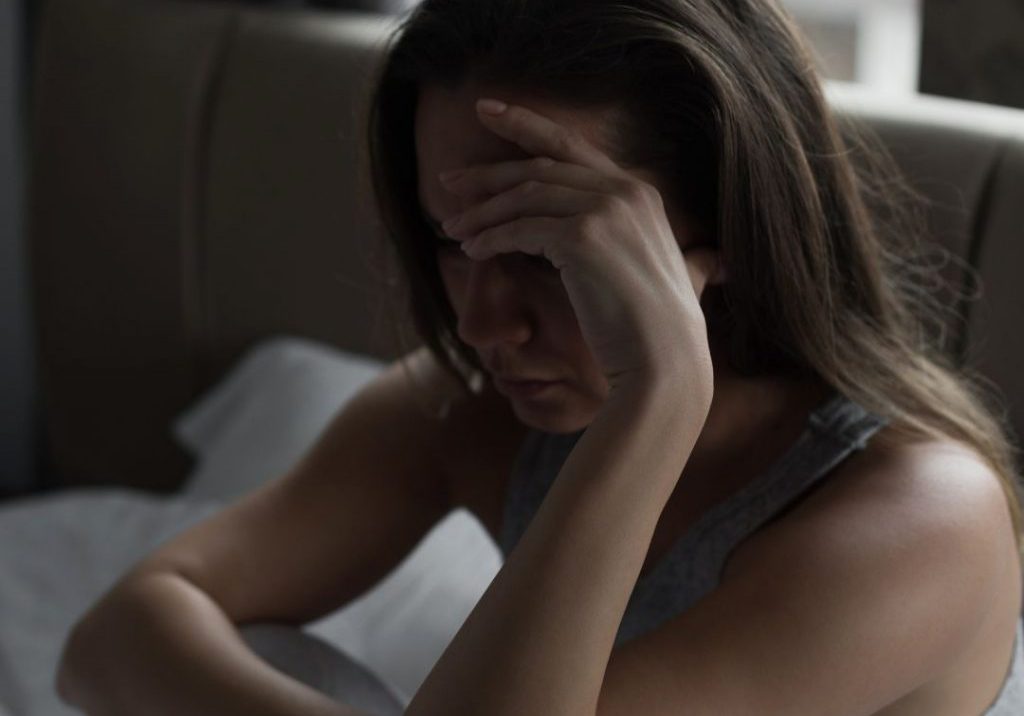
What Does Being 'Sad Drunk' Mean?
Being a sad drunk is an emotional response to alcohol where, instead of feeling relaxed or uplifted, you feel low, withdrawn, and melancholic-sometimes without even knowing why.
It can look different for everyone. Maybe you go quiet and start overthinking. Maybe old memories resurface and suddenly feel overwhelming. Or maybe you just feel a dull, emotional fog set in-even if you were having a great time just five minutes ago.
This isn't a reflection of your personality or your ability to "handle your drink." It's usually a mix of emotional state, mindset going into the night, and the chemical effects alcohol has on your brain. When you drink, your emotional defences drop, and if you've been bottling things up or feeling mentally drained, it all has space to rise to the surface.
Being a sad drunk doesn't mean you're broken or overly sensitive. It means your emotions are asking to be heard.
Why am I a Sad Drunk? Alcohol as a Depressant
It's first important to understand why the phenomena of getting 'sad drunk' occurs in the first place.
For starters, contrary to what you might believe, alcohol is actually a 'depressant' in the field of drug classification. In contrast to its perception in popular drinking culture of being the ultimate social lubricant, the fuel that keeps the party going and has everyone bouncing off the walls, alcohol can actually have the complete opposite effect on human physical and psychological behaviour.
Alcohol is classed as a depressant as it is slows down or 'depresses' the brain's normal cognitive functioning. It doesn't mean that it makes you depressed, but rather that your overall motor skills and decision-making skills are slowed down and distorted.
Whilst alcohol can certainly lead to a heightened sense of euphoria, and make you feel more energetic, due to its role in boosting serotonin, it can also just as easily make you feel lethargic and fatigued based on its depressant properties. It's therefore important to recognise that it's normal to feel more lethargic, and 'slowed down' when drunk, and not everyone is going to feel like a million dollars.
The mood you're in when you drink is therefore heavily dependent on the specific set of circumstances in which you started your drinking session. If you already felt tired when you started drinking, or stressed, or otherwise mentally distracted - there's every chance that alcohol won't help you to escape these feelings, but instead will only exacerbate them.
If you drink more in the hopes of escaping these feelings, expecting that eventually your mood will suddenly shift, you may instead only worsen these feelings, and end up getting 'sad drunk'.
Getting Sad Drunk: How Alcohol Affects Our Emotions
Another of the lesser-discussed effects of alcohol is just how much it can amplify our emotional state. While many people associate drinking with feelings of joy, confidence, or even invincibility, it's important to realise that alcohol doesn't magically create these feelings out of thin air. Instead, it tends to intensify whatever emotions are already bubbling beneath the surface - including the ones we might be trying to avoid.
Alcohol works by affecting the brain's limbic system - the part responsible for processing emotions like fear, pleasure, and sadness. When alcohol enters the system, it reduces inhibition and impairs the prefrontal cortex, the area of the brain that normally helps us manage and regulate our emotional responses. The result is that you become more emotionally open, but also more vulnerable.
This is why something that wouldn't normally get to you might feel 10 times heavier after a few drinks. You might find yourself reflecting on past relationships, worrying about your future, or suddenly feeling the weight of stress you've been pushing aside all week. In other words, alcohol strips away the mental filters that help you keep things in check - which can lead to emotional outbursts, tears, or simply retreating inward and feeling low.
These heightening emotions can often turn a fun night into a melancholic one. It's not necessarily that alcohol is making you sad - it's that it's lowering the walls that usually keep your sadness at bay.
In that sense, becoming a 'sad drunk' might not be a random reaction, but a sign that there's something deeper going on emotionally. If alcohol consistently brings out feelings of loneliness, regret, or low self-worth, it's worth considering what those feelings are trying to tell you - and whether drinking is helping, or simply dragging those emotions out into the open.
If you're regularly getting sad drunk, It's therefore vital to look outside of the drinking session in order to identify what the root causes of the problem might be that's making you feel this way.
The Risks of Regularly Becoming a Sad Drunk
If drinking becomes your go-to escape from such emotional weight-stress, sadness, anxiety-it's easy to slip into a pattern that feels comforting but is ultimately damaging.
At first, a few drinks might feel like a temporary relief, but over time, relying on alcohol to soothe emotional discomfort can pave the way for dependency.
The more frequently you turn to drinking as a coping mechanism, the more likely it is that your brain begins to associate alcohol with emotional relief-creating a feedback loop that's hard to break.
What started as a way to unwind after a tough day slowly becomes something you need to feel okay. And in chasing the illusion of escape, you may actually deepen the very emotions you're trying to avoid. This is why regularly becoming 'sad drunk' can be a serious issue and is not be taken lightly.
Not only is it important to spare yourself from the emotional rollercoaster of feeling sad and melancholic every time you drink, but it may also indicate that deeper life changes are needed to eliminate the risk of getting sad drunk in the first place.
Breaking the Pattern: How to Stop Being the 'Sad Drunk'
If you've noticed a pattern of feeling low when you drink, the key isn't just to change how you drink-but to look deeper at why you're drinking in the first place. Ask yourself: what emotional state am I usually in before I reach for a drink? Are you tired, stressed, lonely, or overwhelmed? These are emotional red flags that alcohol won't fix-it will only fuel them.
Start by checking in with yourself before a night out. If you're carrying emotional baggage, talk it out with a friend, journal, or take some time to process. Consider healthier ways to unwind-like exercise, music, or mindfulness-before turning to alcohol.
It also helps to reframe why you drink. Drink socially, not emotionally. Choose environments that uplift you, with people who energise rather than drain you. Finally, give yourself permission not to drink if you're not feeling 100%. After all, there's no shame in protecting and prioritising your own emotional well-being.
Drinking should feel fun, not like a form of escape. When you start looking inward and addressing the real issues behind the sadness, you can stop the spiral before it starts.
Actionable Steps to Avoid Becoming a Sad Drunk
- Check in with yourself emotionally before drinking
Ask: How am I really feeling today? If you're already low, consider skipping the drink. - Avoid drinking to escape
Don't use alcohol as a quick fix for stress, anxiety, or sadness, as it can often make these feelings worse. - Talk it out first
Consider venting to a friend, writing in a journal, or voice-noting yourself to offload what's on your mind. - Prioritise sleep and rest
Tiredness can massively impact your emotional state when drinking. Go out feeling rested, not run-down. - Choose your drinking setting wisely
Surround yourself with positive people in safe, uplifting environments. - Set a drinking intention
Ask yourself Why am I drinking tonight? If the answer is "to forget" or "to feel better," pause. - Slow down your pace
Drink water between drinks and avoid chasing a high. Keep things steady and mindful. - Take regular breaks from alcohol
Give your mind and body time to reset, especially if you've been feeling emotionally fragile.
Seek Support With New Leaf Recovery
If you find that being a 'sad drunk' isn't just an occasional thing-but something that's becoming a regular part of your drinking experience-it could be a sign that there's something deeper going on.
Admitting you might need help isn't easy. At New Leaf Recovery, we understand what it's like to feel stuck in the cycle. Whether you're struggling with alcohol, managing emotional triggers, or just feeling lost-there is a way forward. We offer compassionate, personalised support for alcohol dependency and a range of treatment options to help you take back control.
If you're ready to turn over a new leaf, we're here for you. Reach out today-because real change starts with asking for help.
Oops! We could not locate your form.
Receive a Free Call Back
"*" indicates required fields
A Complete Recovery Journey. From your initial enquiry, all the way through treatment and beyond with ongoing support, New Leaf Recovery are there to guide and support you.
New Leaf offers a complete journey of treatment, from initial detoxification and rehabilitation to ongoing support, including aftercare, family support, and beyond into long-term recovery.
Getting the right accommodation enables us to provide the right backdrop for our recovery methods. Any form of rehabilitation needs to happen in a safe, comfortable, secure and friendly environment.
Receive a Free Call Back
"*" indicates required fields
